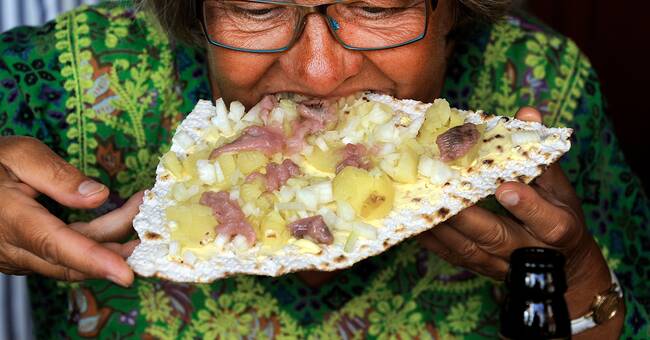In the past, people have been asked what they have eaten, but then the answers have not always been completely correct.
The results of a questionnaire can be affected by what people remember they ate or what they think they should answer.
Now researchers can see exactly what people have eaten - through bloodshed.
Researchers from Chalmers and the Sahlgrenska Academy at the University of Gothenburg have done research together.
Their study was conducted on 600 women from Gothenburg.
The women were examined when they were 64 years old and then again after just over five years.
The results show that diet plays a major role in the development of gestational diabetes.
- Our results show that you should preferably eat whole grains, fish and plant-based oils, but avoid red meat and saturated fat, says Otto Savolainen, PhD at the Department of Biology and Biotechnology at Chalmers.
- New methods like ours, increase the understanding of how different dietary patterns are associated with diseases, says Alastair Ross, associate professor at the Department of Biology and Biotechnology at Chalmers.
Improper diet increases the risks
The right diet protects against age-related diabetes, but the wrong diet increases the risk of developing the disease.
Research supports previous dietary advice, but now researchers can objectively establish that the right diet is beneficial.
The study is only done on women.
- We can not say that we would get the same result for men, but it would probably be, says Otto Savolainen.
In the future, each individual could receive personal dietary advice to avoid age-related diabetes, but the researchers are not there yet.
- Our method is only intended for research, but with continued development, the method can also be used on an individual level, says Otto Savolainen.
New method can show which diet may risk developing type 2 diabetes.
Photo: Johan Bodell / Chalmers

